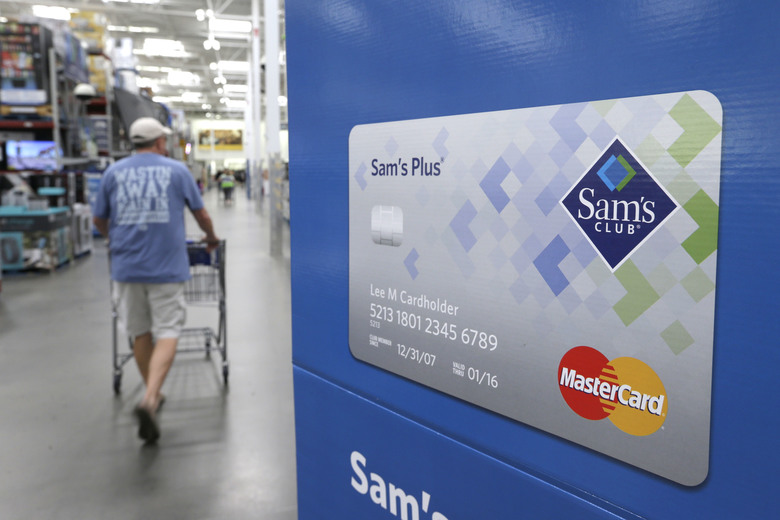Getting a deal during the holidays is a great American tradition. So when a sales clerk cheerfully asks, “Would you like to save 20 percent on your purchases today by opening a card with us?” it fits right in.
But the reality sounds a lot less cheery: “Would you be interested in a low-limit card that could damage your credit standing?”
Credit expert John Ulzheimer warns that opening a new store card could hurt your credit score by:
— Having an outsize impact on your credit usage, which is a big factor in credit scores
— Causing an inquiry on your credit
— Reducing the average age of your credit accounts
LOWER LIMIT, HIGHER USAGE
The credit limits on retail cards that you use only at one store or chain are typically about 10 percent of those on comparable general-use credit cards, Ulzheimer says.
Let’s say you open a store card to get 20 percent off a $250 purchase. After the discount, your balance is $200. A few days later, you spend $150 more. You’re still well below the card’s $1,000 limit — but your balance is 35 percent of your credit limit.
How much of your credit limit you use has a major influence on your credit scores. The only thing that matters more is paying on time. Credit experts advise staying below 30 percent of the limit on any card. Consumers with the very best scores typically use less than 10 percent.
To keep your usage low, credit card expert and author Beverly Harzog suggests paying your bill before the issuer reports the balance to the credit bureaus. Call the customer service number on the card to find out when that is. Or get in the habit of making online payments as soon as you purchase something. That way, your charges never stack up.
INQUIRIES AND LOWER ACCOUNT AGE
A retail card doesn’t just affect your scores by spiking your credit usage.
“When you apply for a new card, the card issuer is going to want to pull one of your credit reports,” Ulzheimer says. That helps the issuer assess whether to approve your application, and it can cause a small, temporary dip in your score. “That’s problematic — I wouldn’t call it catastrophic,” he says.
The bigger problem comes if you’re approved. That new account causes the average age of your credit cards to decrease. Credit age is a minor factor in scores, but every point counts.
The worst decision of all might be to apply for card after card as you shop to snare multiple discounts. Each application can ding your score and each new approval drops your overall age of accounts.
LIMITED USABILITY, LIMITED SERVICES
On top of potentially hurting your credit scores, retail cards have usability issues. They’re good only at one store or retail chain, usually have high interest rates and typically have less robust security alerts than traditional cards.
You might be better off using an existing credit card, especially if you have a rewards card that offers cash back on every purchase, not just the initial one.
“In the grand scheme of things, 20 percent off your purchases, one day ever, isn’t that big of a deal. Even if you spent $1,000 — which I doubt most people will do — that’s a $200 discount,” Ulzheimer says. “Really, you didn’t save $200, you spent $800.” And if you carry a balance instead of paying in full, interest will eat into that discount.
AVOID SNAP DECISIONS
If you shop at a particular place often enough, it might be worth opening a store card to access ongoing discounts, presales and insider benefits. But resist deciding that in the checkout line.
“Unless you’ve already researched this card and feel comfortable with the terms, just take a pass on it,” Harzog says. “The APRs are usually quite high, and it’s super easy to slide into debt with one of these cards.”
And if you already have a store card? Don’t close it — that also would hurt your average age of accounts. Better to use it lightly and pay on time. Both actions have a positive effect on your credit scores. And make the most of any exclusive deals the card offers.
(AP)











